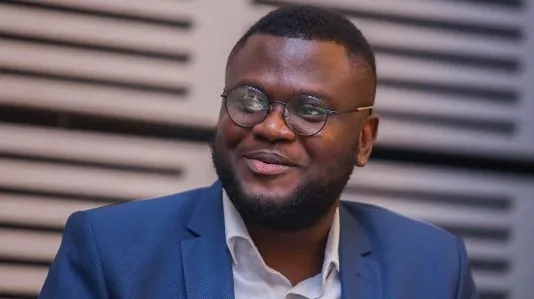
“A silver lining “: Never has an expression been more valid to describe the current situation in Algeria. The coronavirus came at the right time to expose all the shortcomings of the health system in Algeria and force the government, but also the actors of society, to radically review their strategies concerning this sector, forgotten for decades.
Algerian intellectuals, the press and all of society in upheaval for more than a year since the “Hirak” (peaceful popular revolt) had, however, alerted the authorities of the country long before this global health disaster. When the ousted president, Abdelaziz Bouteflika, decided to build a three billion dollar mosque, the third largest in the world, many had criticized this squander of public funds, by telling the president to build hospitals, though the country’s leaders have had the annoying habit of going to Europe for treatment.
When the first cases of the contagion were imported in Algeria from Europe, especially France, the new president Abdelmadjid Tebboune declared that “the situation was under control”. However, no one believed it, aware as everyone was of the deplorable reality of health facilities in Algeria and the blatant lack of equipment to deal with such a pandemic.
With less than 600 intensive care beds for a territory that makes up a quarter of Europe in area, more than 42 million inhabitants, the proximity to Europe and the constant movement of citizens between the two Mediterranean shores, the pandemic became a very complicated task for policy makers.
Even worse, for bureaucratic reasons the only testing center barely manages to perform 60 to 80 tests a day, the results of which often arrive too late. During the first days of the pandemic, the majority of coronavirus deaths were discovered post-mortem. It was only after the pandemic had affected almost every corner of the country that “debureaucratisation” was decided. The tests are now carried out in several regions of the country.
But Algerian society, with its arsenal of skills, refused to admit defeat and decided to take charge. Six universities have opened their laboratories to carry out faster and more efficient tests to relieve pressure on the Pasteur Institute, which was the only body authorized to do so. A race against the clock is underway to cover the needs of a population desperate for the capabilities of hospital structures.
Luckily, the country had long been producing Chloroquine, which is widely used around the world, pending the discovery of a vaccine. Not wanting to admit defeat, and aware of the war currently going on for the acquisition of equipment to fight the coronavirus, Algerians adopted the “rely on oneself” to meet, as much as possible, the enormous needs of the medical structures.
Universities, but also public and private companies, have re-oriented their activities towards the manufacture of hydro-alcoholic gel and protective masks for medical personnel. Throughout the country, teams of students and local associations are working to manufacture essential tools for the protection of medical personnel as a priority.
Football clubs, employers, private and public, became involved by purchasing equipment that hospitals are lacking, whether it be resuscitation beds or respirators. Start-ups, and even public companies, have started manufacturing locally.
In exceptional circumstances, exceptional measures. The pandemic has shown that local capacities, hitherto marginalized and overlooked, could be vital to the country. With the fall in oil prices, the country’s main source of income, recourse to imports became problematic and raised the question of the need to fundamentally review the country’s economic policy, as experts have long advocated.
Azzeddine Bensouiah is a former journalist who has worked for many news agencies around the world. He is interested in political, security but also social issues in his country, Algeria, but also in the countries of North Africa.

